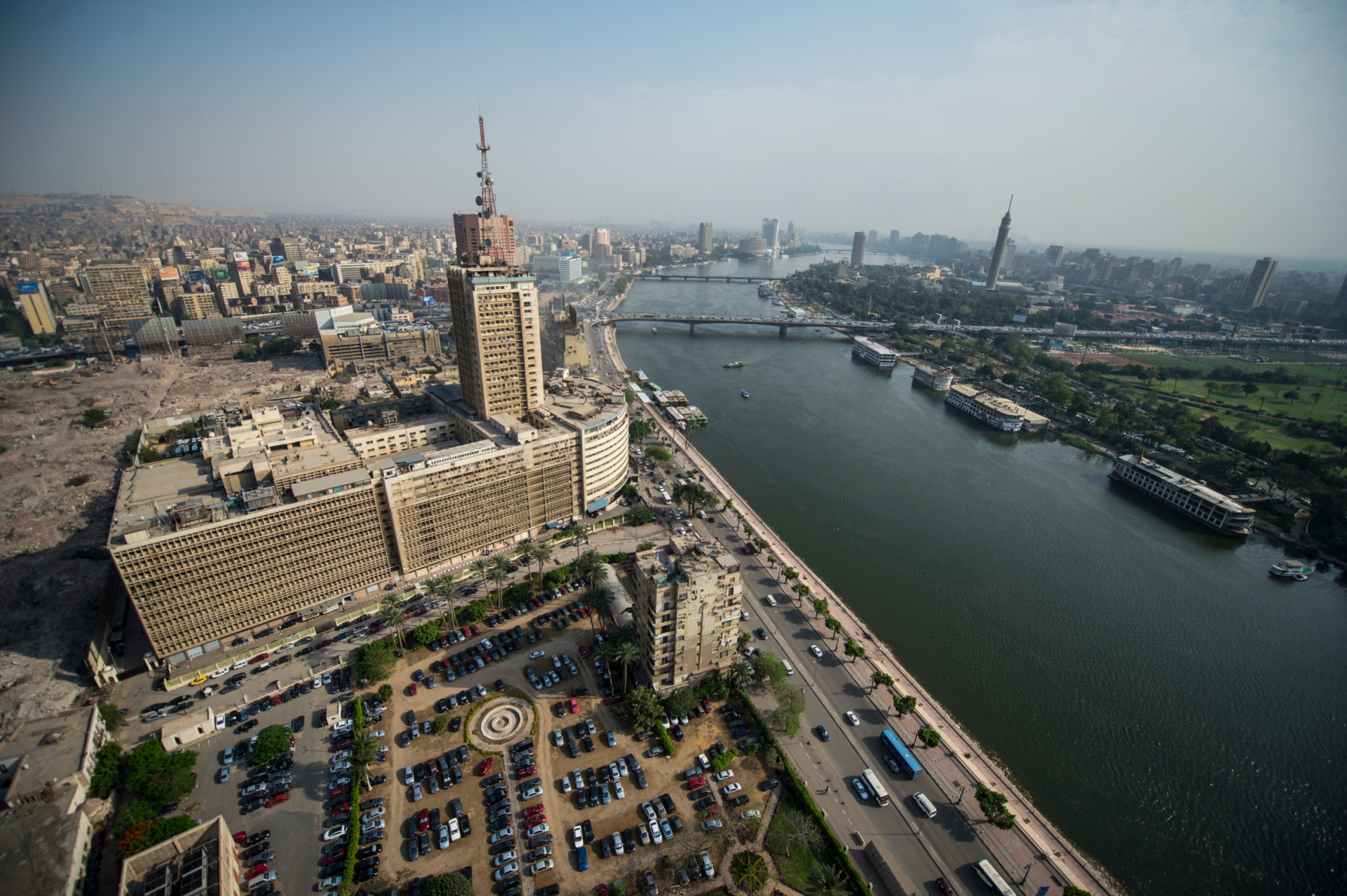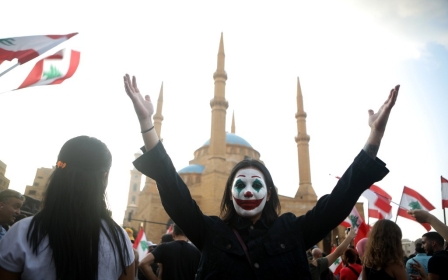Arabic press review: Egypt's military controls its state media

Army takes control of Egyptian state media
Leaked documents published by Arabi21 reveal that Egypt’s State Information Service, which regulates the country's media, is being run and controlled by the military.
According to the documents, the service's chairman Diaa Rashwan made the unusual decision to allocate all executive, financial and administrative matters to Major General Hisham Abdel Khaleq, effectively giving the army control of all state-owned media.
The move is yet another example of how Egypt’s military establishment is taking control of sectors within the state by positioning current or former army personnel in positions of control, according to Arabi21.
The letter of designation, which described Abdel Khaleq as a “Mr” instead of using his military title, transferred many of the powers of the head of the State Information Service to the general instead of other civilian leaders employed by the government body.
New MEE newsletter: Jerusalem Dispatch
Sign up to get the latest insights and analysis on Israel-Palestine, alongside Turkey Unpacked and other MEE newsletters
Arabi21 hinted that the army later rewarded Rashwan by allowing him to become the head of the journalists’ union in Egypt.
Saudi princess believed to be under house arrest
Princess Basmah bint Saud bin Abdulaziz al-Saud, a member of the Saudi royal family, human rights activist and media figure, has recently disappeared and is believed to be under house arrest with one of her daughters in Riyadh, according to Arabic Deutsche Welle (DW) website.
Speaking on condition of anonymity for security reasons, a source close to the princess said that the family was in contact with Basmah bint Saud, but noted that she could not speak freely because her calls were under surveillance.
The source added that Basmah was detained in March on suspicion of trying to flee the country with her daughter, after she was scheduled to travel to Switzerland to receive medical treatment.
Since then, Saudi authorities have not responded to requests for comment from DW or to any other sources relating to the disappearance of the princess, who is reportedly the 115th and youngest of the late King Saud's children.
Documents checked by DW reveal that the princess had the required permit to travel from Jeddah on 18 December 2018 with her daughter in order to receive urgent medical treatment as requested by her Swiss doctor.
Leonard Bennett, the lawyer who arranged the travel, said that the princess’s plane was not allowed to leave Saudi Arabia.
Bennett said that about two months after the incident, “the princess disappeared completely and we no longer know where she is. No one knew where she was. We were indeed worried that something worse would happen."
After several attempts to contact her, Bennett told DW, “she reappeared and looked like a hostage”.
Qatar offers condolences to the UAE
The emir of Qatar, Sheikh Tamim bin Hamad al-Thani, has sent condolences to UAE President Sheikh Khalifa bin Zayed al-Nahyan, on the death of his brother Sheikh Sultan.
“His Highness the cherished Emir of the state sends a condolences cablegram to His Highness Sheikh Khalifa bin Zayed Al Nahyan, the president of the brotherly state of United Arab Emirates, on the death of the forgiven, God willing, his brother Sheikh Sultan bin Zayed Al Nahyan, the representative of His Highness the president of the state,” read the message, as stated by Qatar News Agency.
Abu Dhabi announced the death on Monday and declared a period of official mourning in the UAE for three days.
Algerian lawsuit over French colonial crimes
Tayeb Zitouni, Algeria's war veterans minister, has said his country will file an international lawsuit against France if the latter fails to admit to crimes committed against Algerians during the colonial era, according to Algerian newspaper Echorouk El Yawmi.
Algeria gained independence from France in 1962 following a deadly war of independence.
The minister confirmed that he had begun recruiting associations and lawyers to present the matter in international courts, pointing out that France’s procrastination in admitting to its crimes was an indication of its refusal to do so.
Zitouni stressed that the lawsuit would address the nuclear explosions that targeted inhabitants of the Algerian desert - the lingering radiation continues to affect the population there - as well as the fate of over 3,000 individuals who went missing during the Algerian revolution
It also demanded the return of skulls of national resistance members, currently held at the National Museum of Natural History in Paris.
* Arabic press review is a digest of reports that are not independently verified as accurate by Middle East Eye.
Middle East Eye delivers independent and unrivalled coverage and analysis of the Middle East, North Africa and beyond. To learn more about republishing this content and the associated fees, please fill out this form. More about MEE can be found here.




